“This country deserves a real choice in the next election, and it has become clear to me that if I’m having to fight internal battles, I cannot be the best option in that election,” said Canada’s Justin Trudeau as he announced on Monday (January 6) his decision of stepping down as prime minister and as party leader once the Liberals choose his successor.
The decision for the 53-year-old is a reversal of his previous stance; in the past, Trudeau had been adamant in public and private conversations that he would lead the Liberals into the next election against Pierre Poilievre’s front-running Conservatives.
However, it’s hard not to capitulate to the pressures he’s been facing — a plummeting approvals rating, spate of by-election losses and perhaps the final straw being his former deputy PM Chrystia Freeland’s rebuke of his policies and quitting his Cabinet last December.
As he steps down after more than nine years in power, we chart his ups — when Trudeaumania was at an all-time high — and his downs that eventually led him to announce his departure as Canadian PM.
Growing up as Justin Trudeau
Born December 25, 1971, Justin is the son of the four-term prime minister of Canada Pierre Trudeau. After his parents divorced, Trudeau and his two younger brothers were raised by a single father who also led his country for 15 years (1968–79; 1980–84).
At the age of 28, he commanded national attention when he delivered a moving and eloquent eulogy at his father’s funeral.
Years later, in 2008, he stepped into politics after being courted by several Liberal leaders and won the seat representing Papineau, an ethnically diverse area. Three years later, even as the Liberals flopped, he was re-elected and became the party spokesman on youth and multiculturalism, citizenship and immigration, and amateur sports, among other areas. Handsome, youthful, and charismatic, Trudeau was seen by many as the Liberals’ best hope to lead them back to prominence.
In 2013, Trudeau won the leadership of the party when it was at an all-time low. The Liberals, out of power for more than seven years at that point, had been reduced to third place in the House of Commons in 2011 for the first time. At the time, he was written off by the Conservatives with the Globe and Mail reporting that many thought him to have more hair than intelligence.
Ascent of Trudeau and ‘Trudeaumania’ ensues
But, Trudeau wasn’t phased. In 2015, he took the political world by storm when he ended nearly a decade of Conservative rule by promising voters positive and progressive politics. With his boyish charm, he wooed voters with his brand that embraced feminism and even welcomed refugees. He promised action on climate change and defence of Indigenous and refugee rights.
In his first term as Canada’s PM, he prioritised gender parity and when asked why, he responded, “Because it’s 2015.”
He became a rockstar in many ways; in 2017, the popular magazine Rolling Stone put him on the cover, asking ‘Why can’t he be our PM’ — a time when Donald Trump was in power in the US. In other parts of the world too, he captured the attention. During the 2016 G7 summit in Japan, he was nicknamed “ikemen shusho”, or hunky PM, by local media and swooning fans lined up for a glimpse of him.
Controversies galore
Amid Trudeau’s years as PM, he has weathered many a political controversy. While he enjoyed support — in 2017 — Canada’s ethics commissioner ruled that he had broken conflict-of-interest rules by accepting a vacation, gifts and flights from the Aga Khan in 2016. It was the first time a prime minister had been found to have committed such a transgression.
At the time, he apologised, saying, he took “full responsibility for this” and calling the travel a mistake.
Later, in February 2019, Canada’s former Justice Minister Jody Wilson-Raybould accused government officials of inappropriately pressuring her to help construction company SNC-Lavalin avoid a corruption trial. The affair prompted the resignation of Wilson-Raybould, and of Treasury Board President Jane Philpott. Losing two women from the Cabinet was politically damaging for a prime minister who had described himself as a feminist.
In the same year in September came the ‘Blackface’ scandal. As he began campaigning, photos emerged of him wearing blackface when he was younger. A strong advocate for multiculturalism, he apologised and said his life of privilege had come with a “blind spot.”
Love affair with Trudeau ends
But soon the honeymoon period ended and his “sunny ways” began to wear off.
In internal politics, Trudeau began to be questioned on his core issues like climate change and reconciliation with Indigenous communities. As Maxwell Cameron, a political science professor at the University of British Columbia told AFP, “Trudeau has not been the reformer that many had hoped for.”
His liberal reputation came under scrutiny when he used emergency powers to crush a strike by truckers in 2022, and his popularity worsened as the Canadian economy faltered. The housing crisis has been one of the biggest issues that Trudeau has faced criticism on. The average house price in Canada when Trudeau took over as prime minister in November 2015 was $446,000 Canadian. Nine years later, the average cost of a house has soared to $732,000 Canadian after peaking at $834,000 in March 2022. Prices rose for reasons including supply failing to keep up with the growing population, partly attributed to immigration.
On an international stage too, Trudeau started fading. He failed in his bid to get on the UN Security Council. He was lambasted for his naïve approach to China. Also, who can forget that state visit to India in 2018. It was deemed an embarrassment by both the Indian and international press.
Since then, he’s also had a strained relationship with India after his government alleged that India had a hand in the assassination of Sikh citizen Hardeep Singh Nijjar, a claim that New Delhi has rejected time after time. He has also been slammed by many in India for being soft on supporters of the Khalistan movement.
The tide worsened for Trudeau in September 2024 when the New Democrats, who had kept Trudeau in power in return for increased social spending, announced they would withdraw their automatic support.
Since then, Trudeau’s star has only been waning and he has lost all public support. According to a BBC report, a survey conducted over the holidays by the Angus Reid Institute suggested the lowest level of support for the party in their tracking, dating back to 2014. Polls suggest the Conservatives would win an election handily if it were held today.
The final nail in the coffin came in December amid calls for him from within his own to step down. His long-time ally, finance minister and deputy prime minister Chrystia Freeland resigned, issuing a scathing letter that accused Trudeau of placing his political goals above the public good.
She charged that instead of preparing Canada’s finances to withstand the potentially crushing impact of 25 percent import tariffs threatened by Trump, Trudeau was focused on costly vote-buying gimmicks, like a Christmas tax holiday.
And as AFP reports, Freeland’s resignation seemed to break a dam of Liberal party dissent, which eventually led to Trudeau’s resignation.
Some believe history will remember Justin Trudeau kindly, but we will have to wait and see.
With inputs from agencies


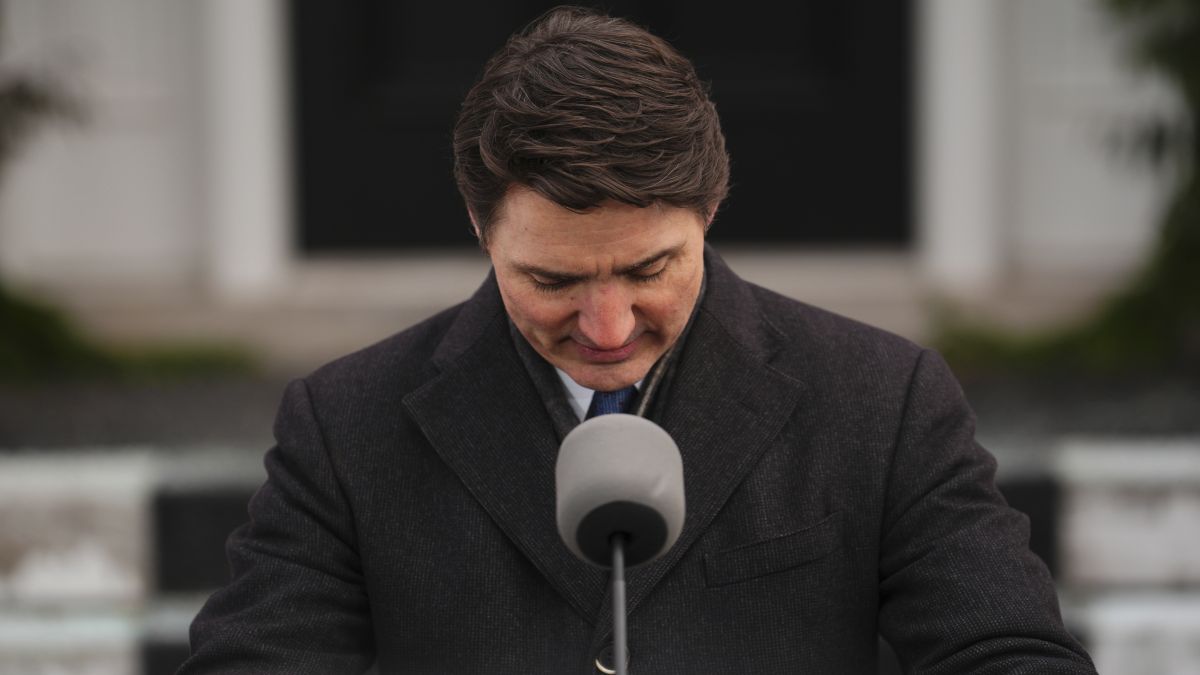)
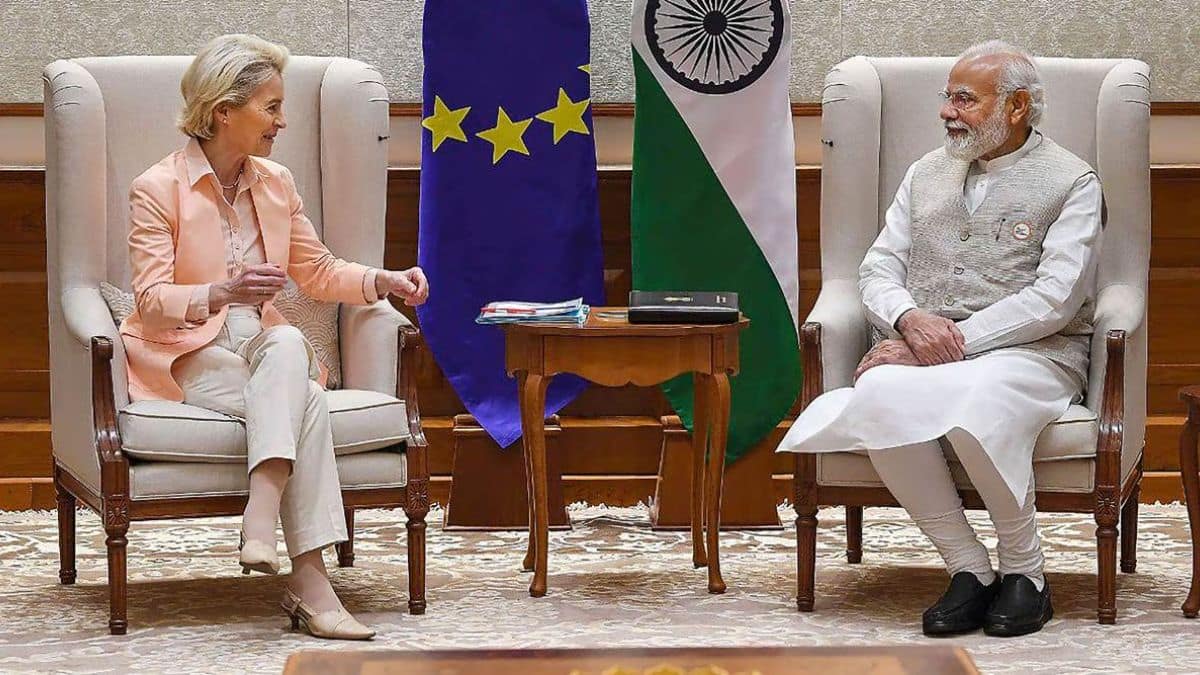
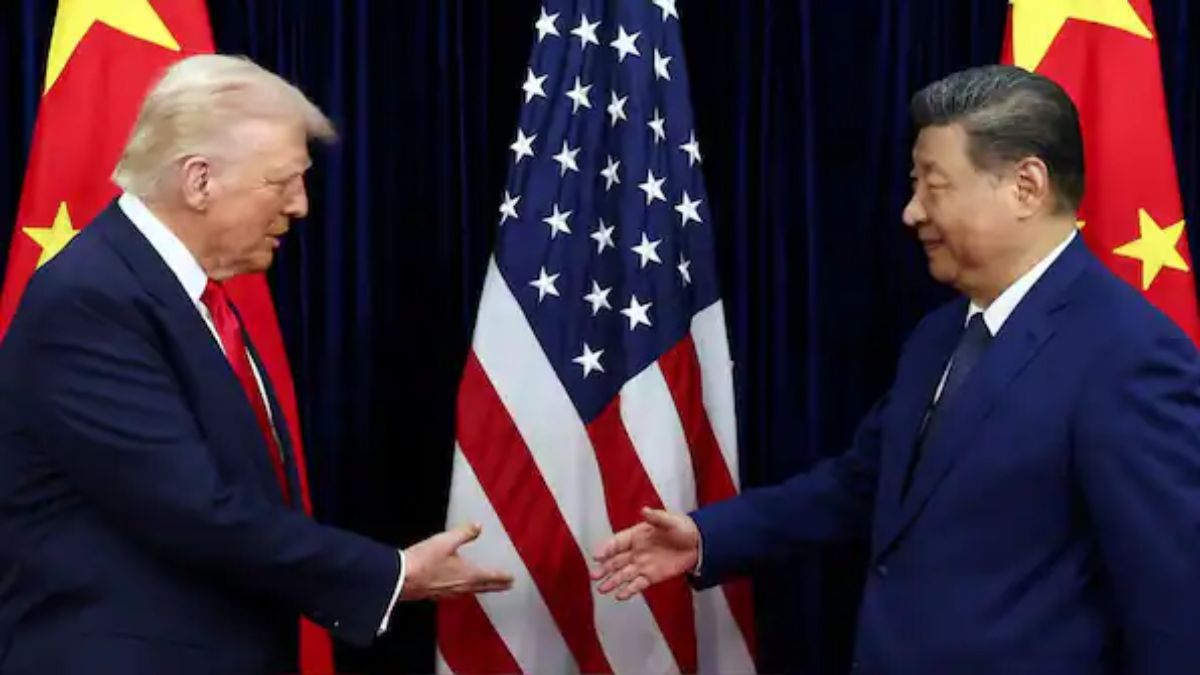)
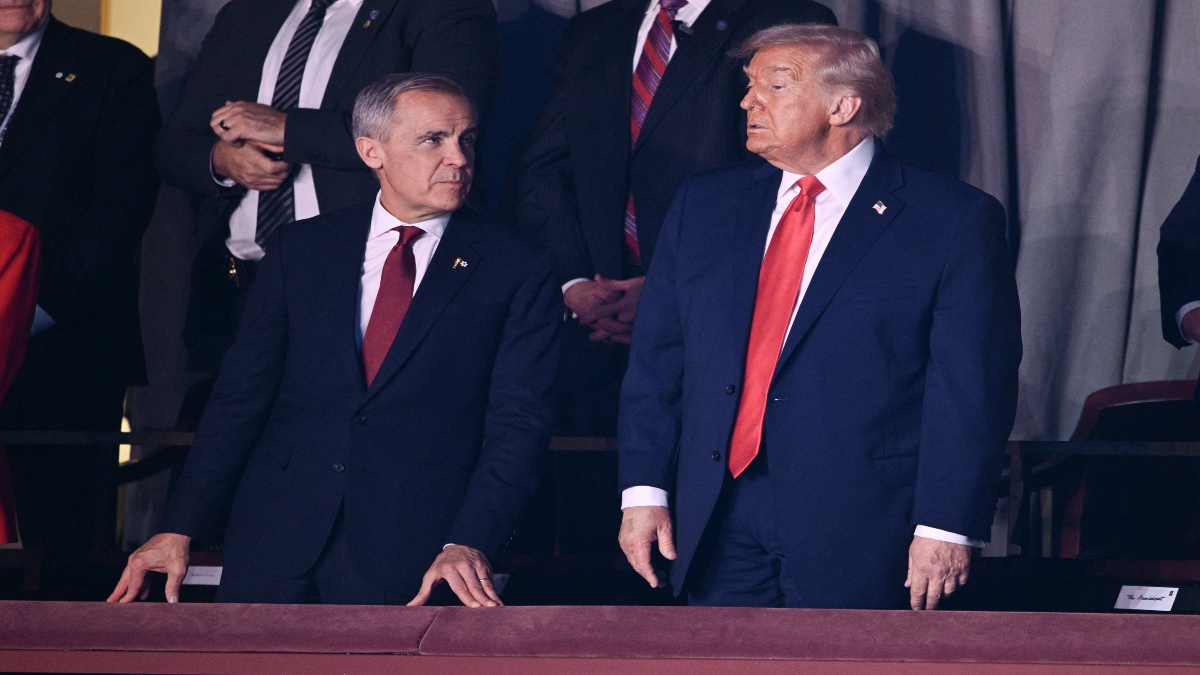)
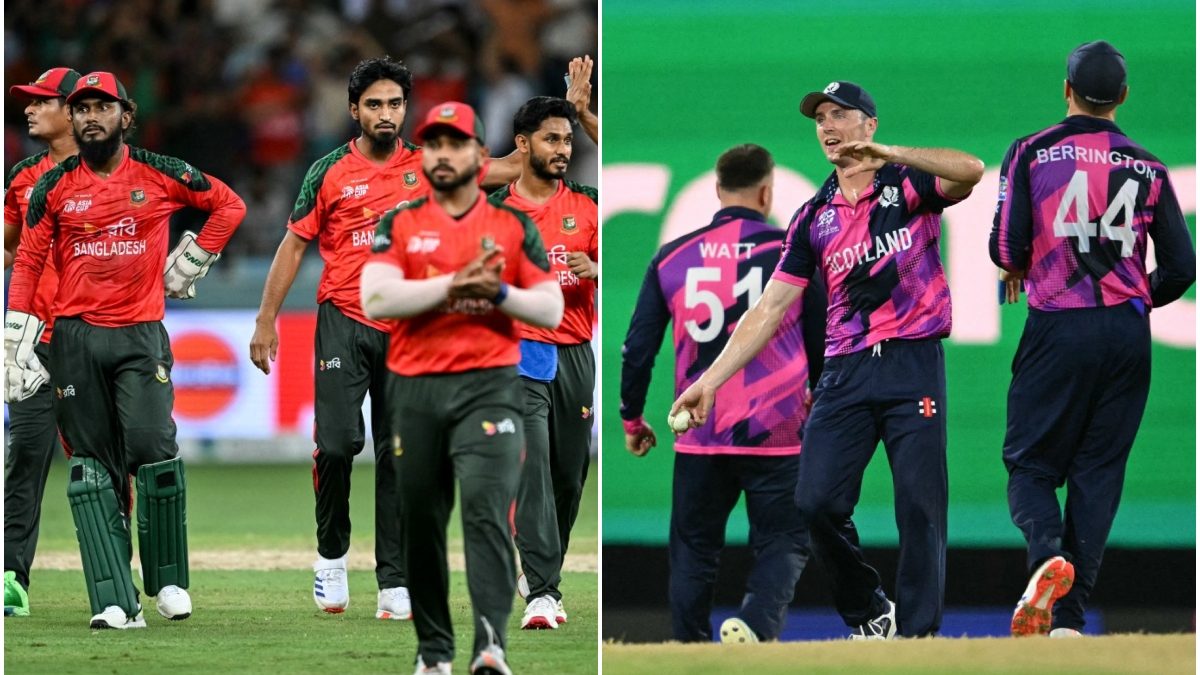)
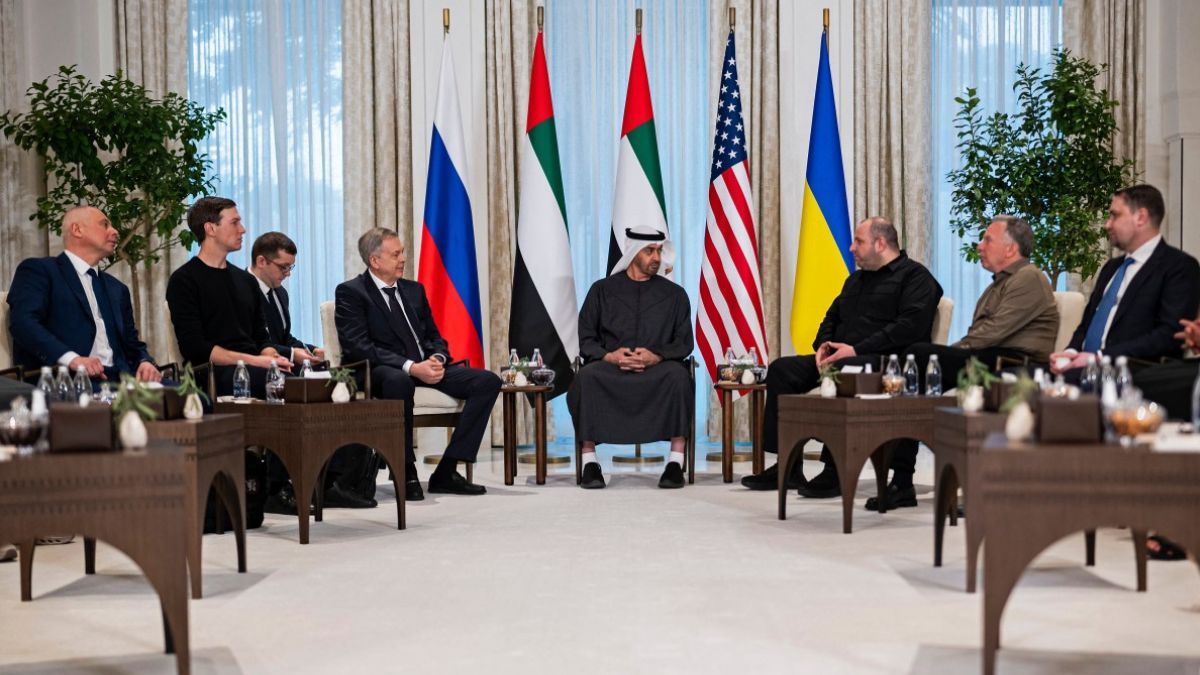)
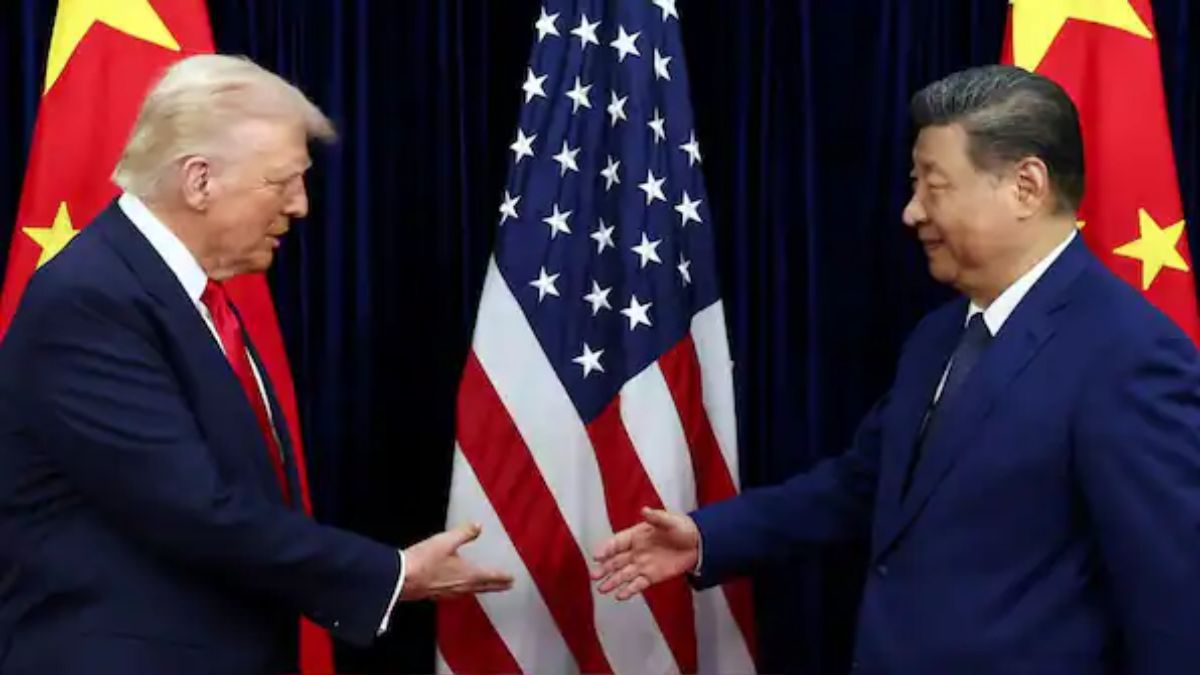)
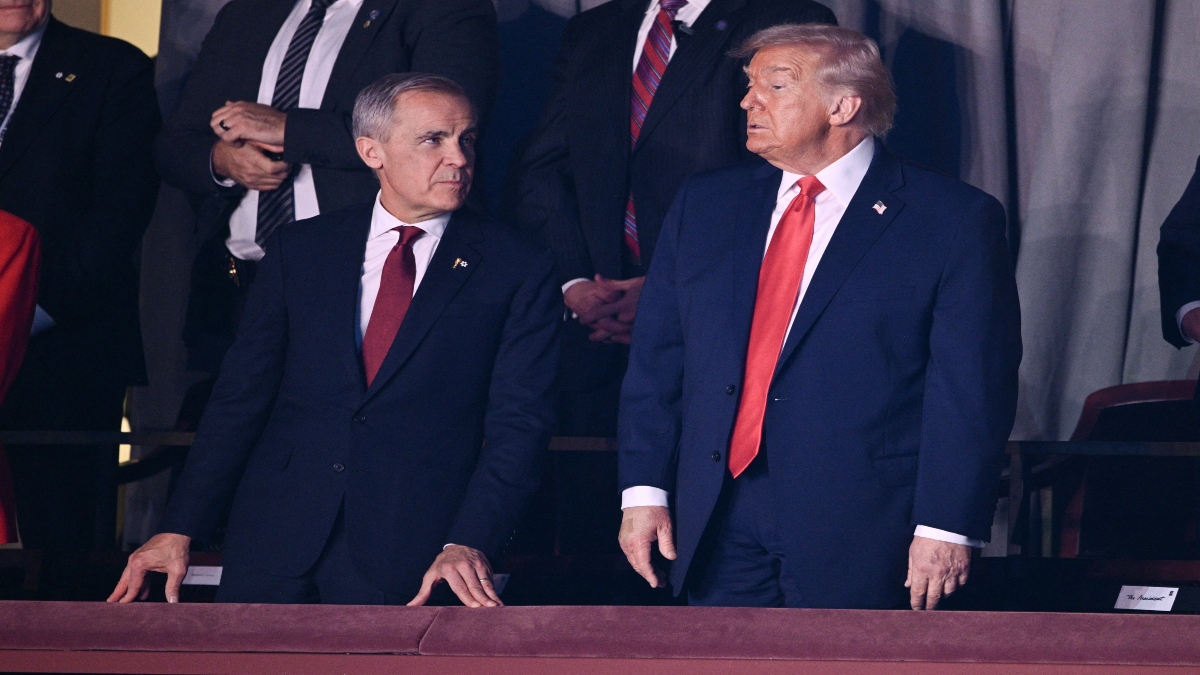)
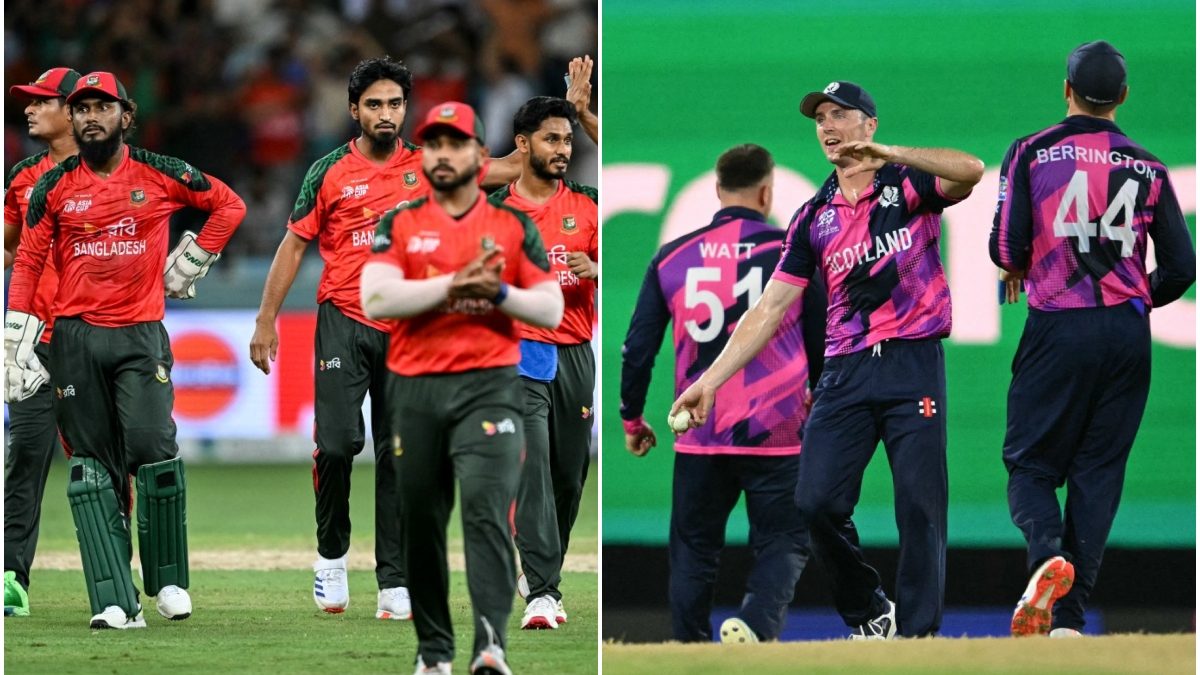)
)



